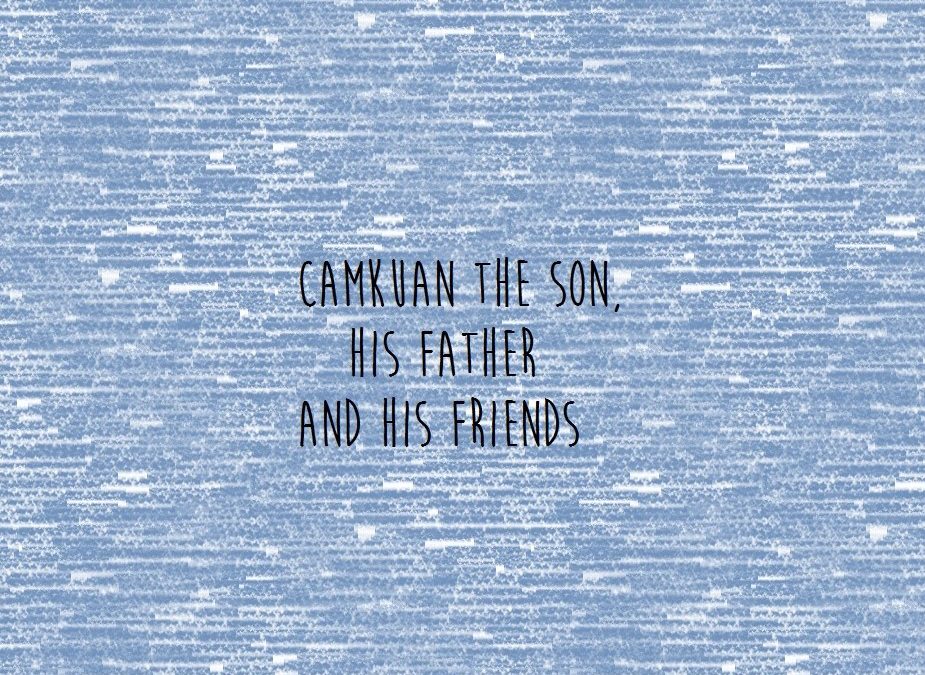
Camkuan the Son, his Father and his Friends
Once upon a time the father of Camkuan asked his son about why he always came home alone to have food in the house, without his friends.
The son said that he was afraid to invite his friends to the house fearing that his father might not be happy. His father said, “No, from now on you can come with your friends and eat together.”
So as a result, Camkuan came for the first time with three of his friends. The father asked him, “Are these all your friends? You are always telling me that you have a good number of friends, where are they?”
On the second day Camkuan came with five friends to the house and the father also challenged him again on the small number.
On the third day Camkuan came with more than ten friends, and on their way before reaching the house, Kulang Toat, the father, saw them coming from very far away with a big number. He was looking at them surprised and began to call his wife Nyaciom to tell her about a mob of people who are advancing towards the house. He said, “Nyaciom! Mother of Camkuan! Come and see this mob who are coming without having a lead singer (Kiit).”
Kulang by himself was pretending to sing for the mob and saying, “My son Camkuan how can you come with this mob silently without having a lead singer?”
Kulang continued to sing to them by himself.
Hence, this is how Kulang Toat surprised his son Camkuan with a large number of his friends who will affect the family economy.
1) What is the symbolism of the lead singer in Nuer? Do you have something similar in your community?
Storytelling Session Details
Storyteller: Deng Nhial Chioh
Community: Nuer
Story Researcher: Ruot George
Place: Juba
Date: 2015
Explore the full archive

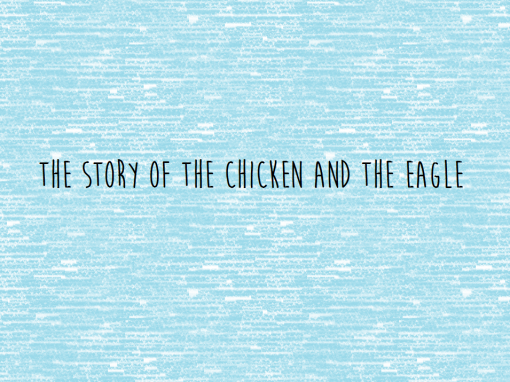
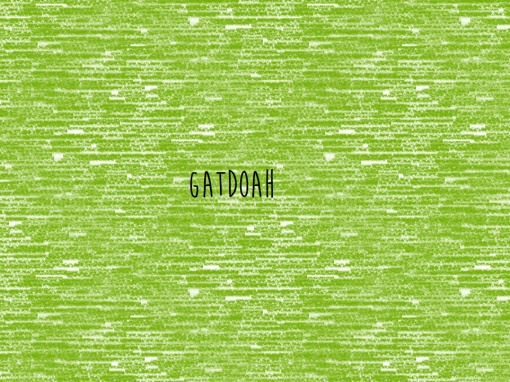

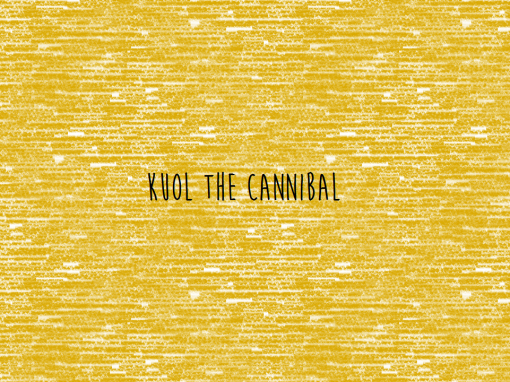
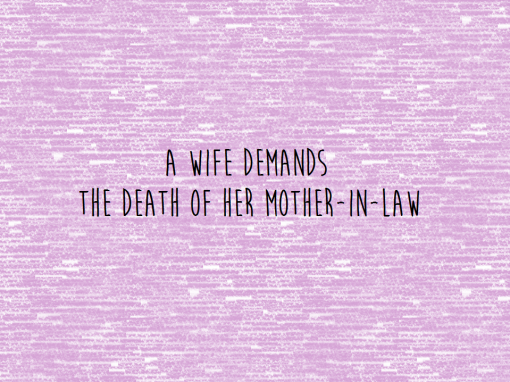
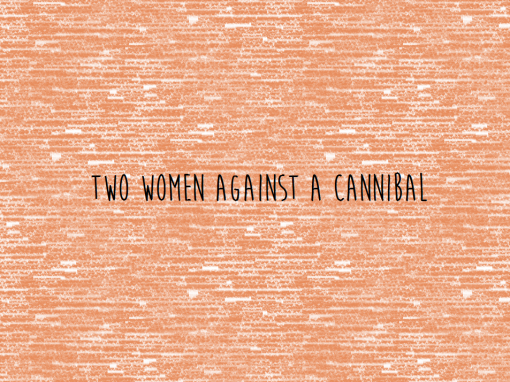
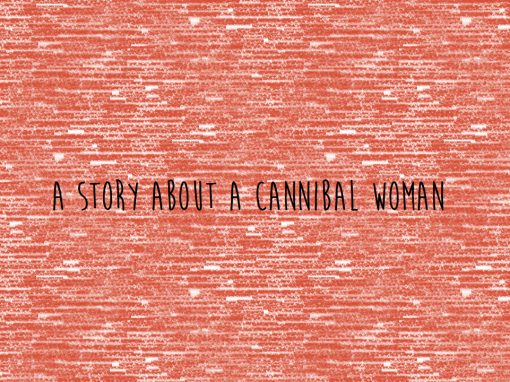
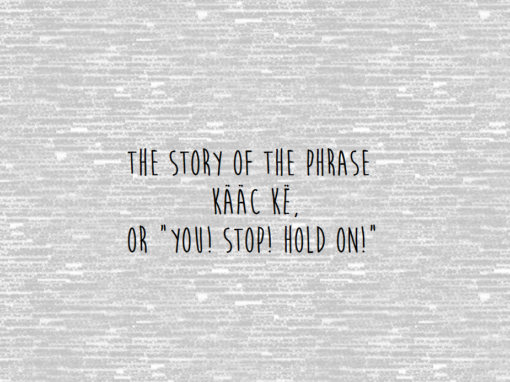
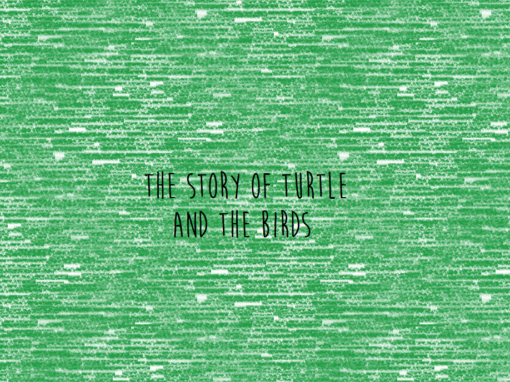
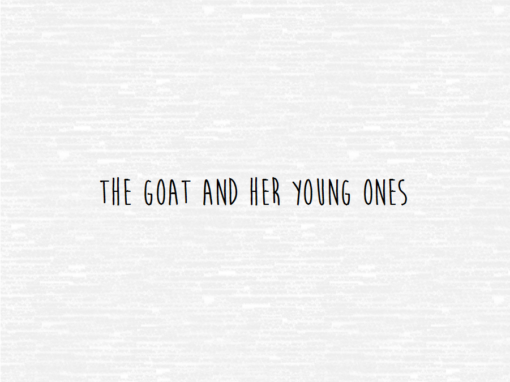
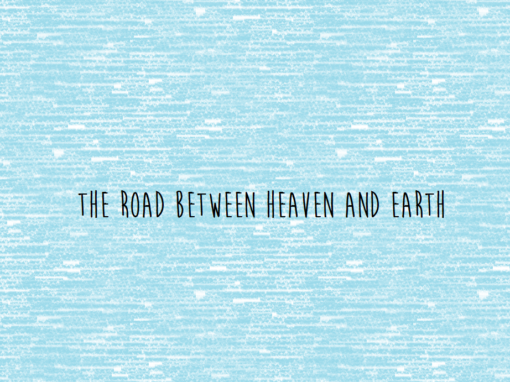
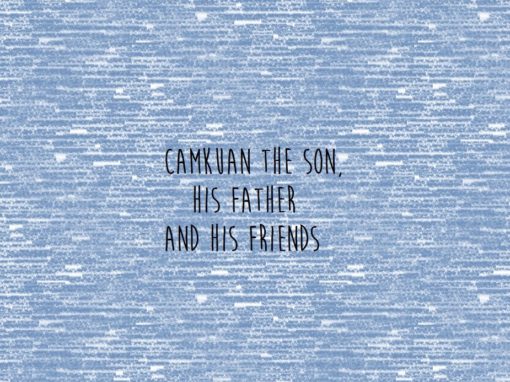
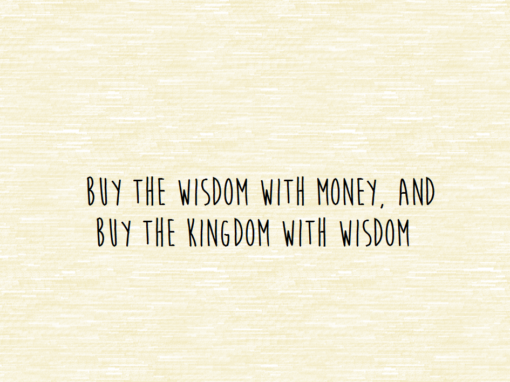
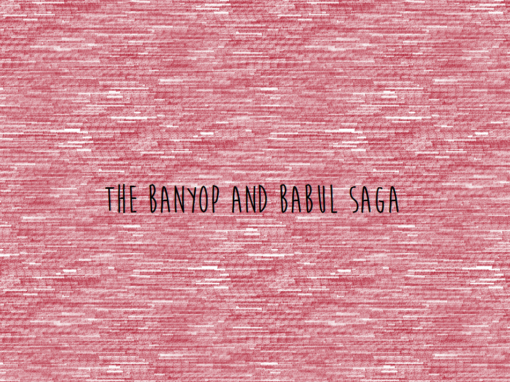
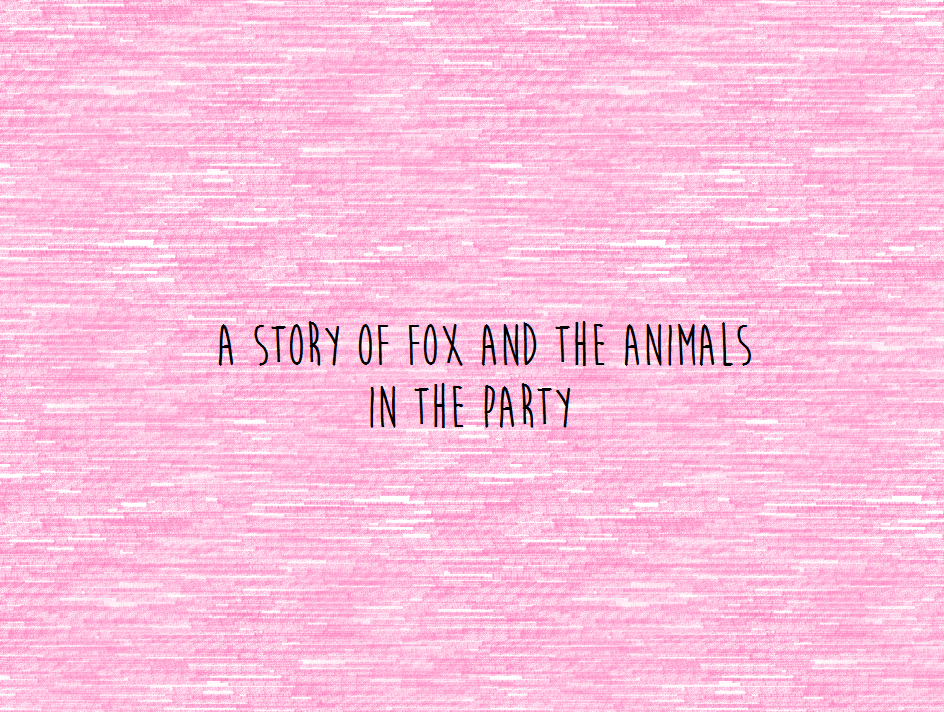
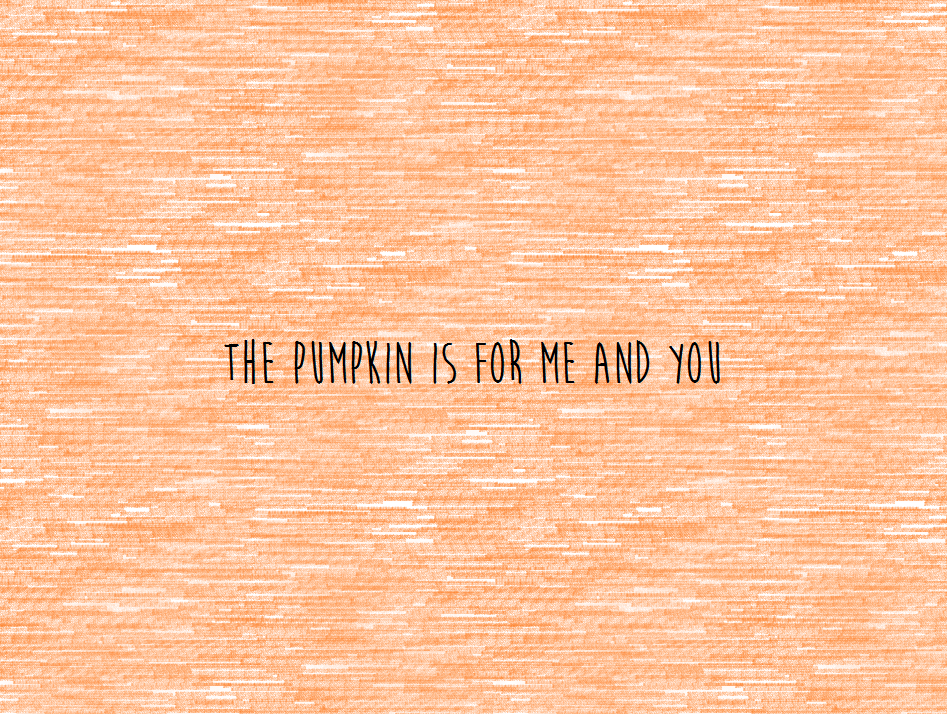
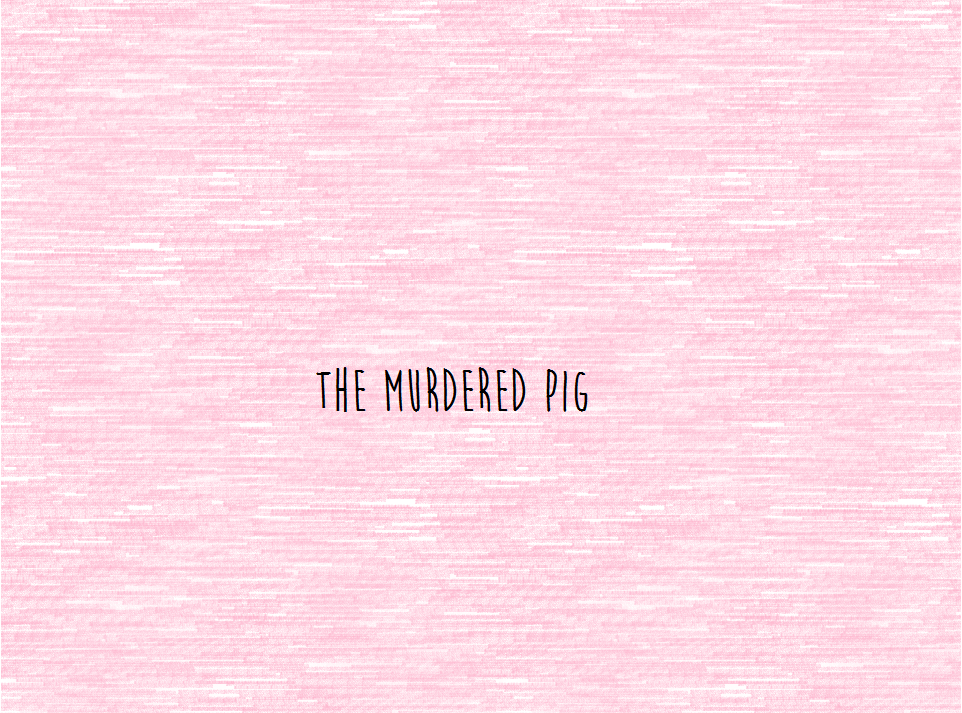
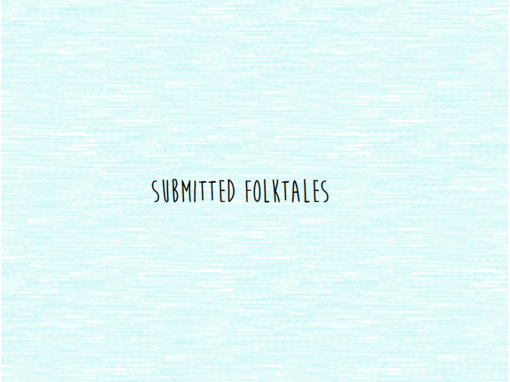
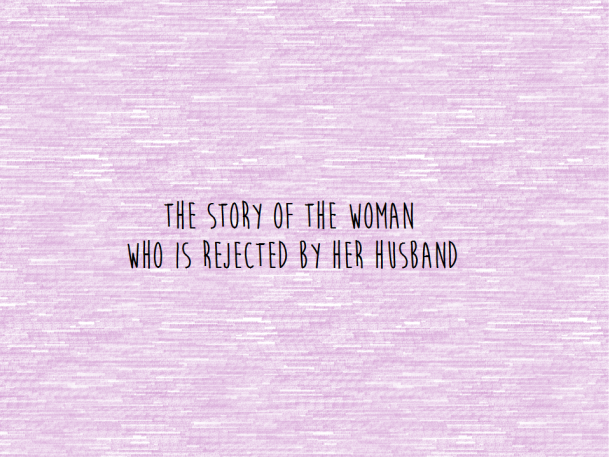
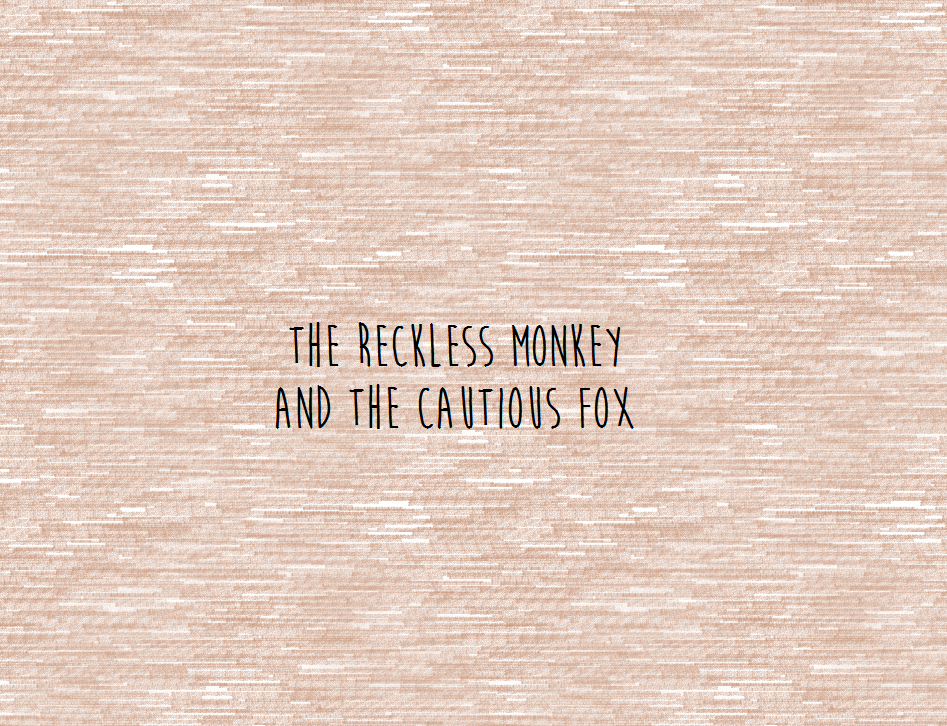
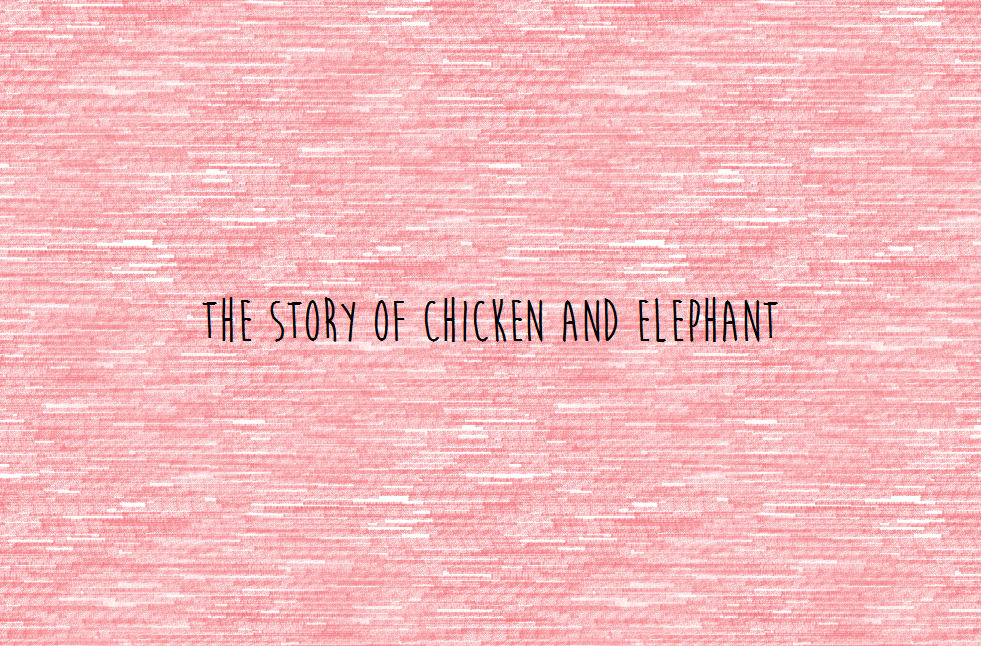
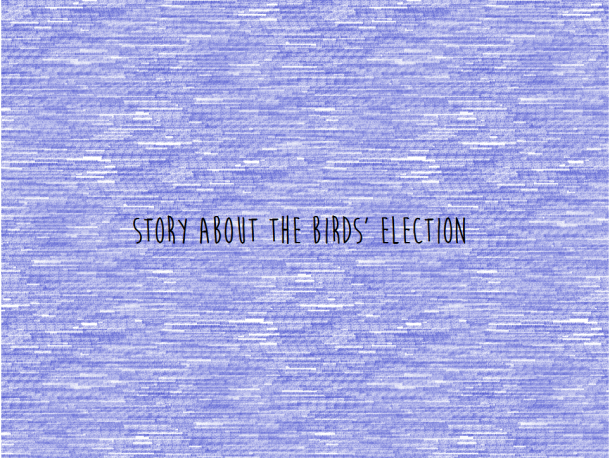
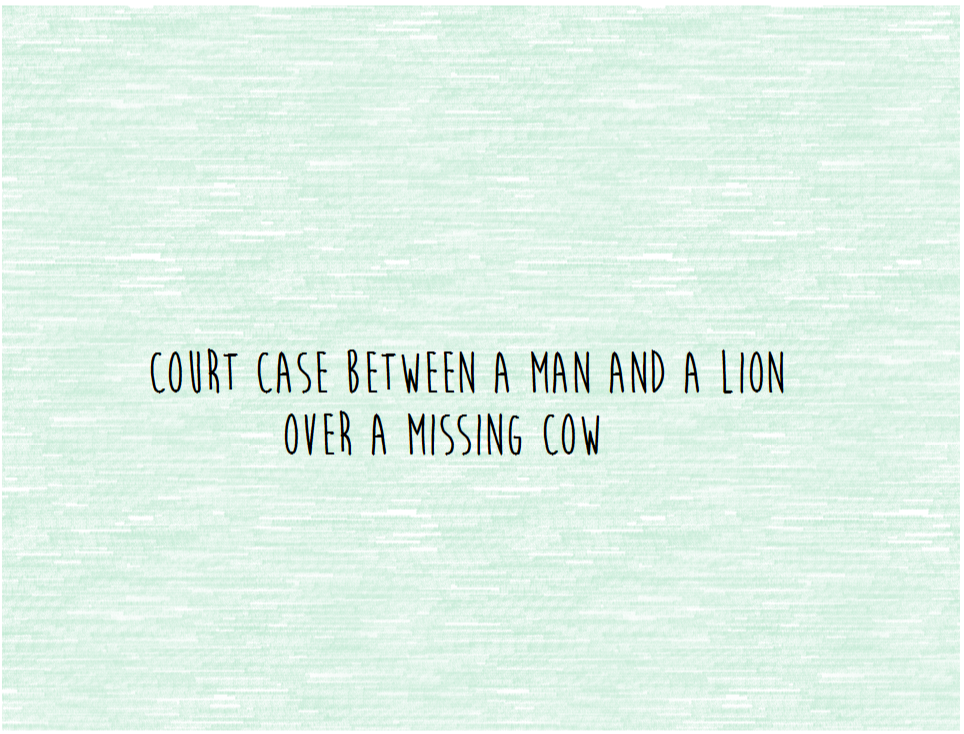
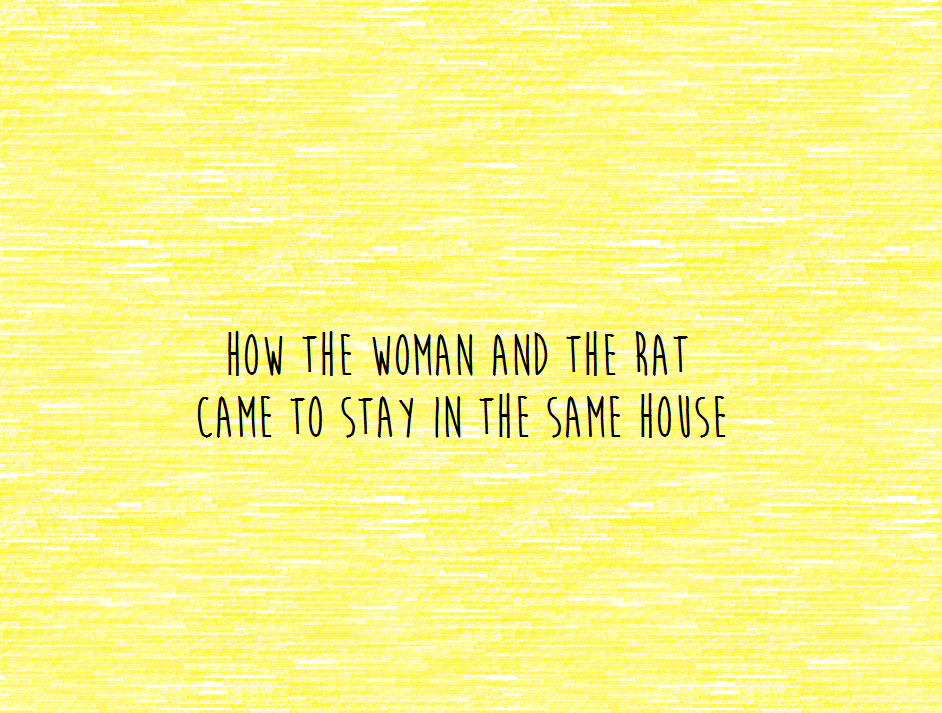
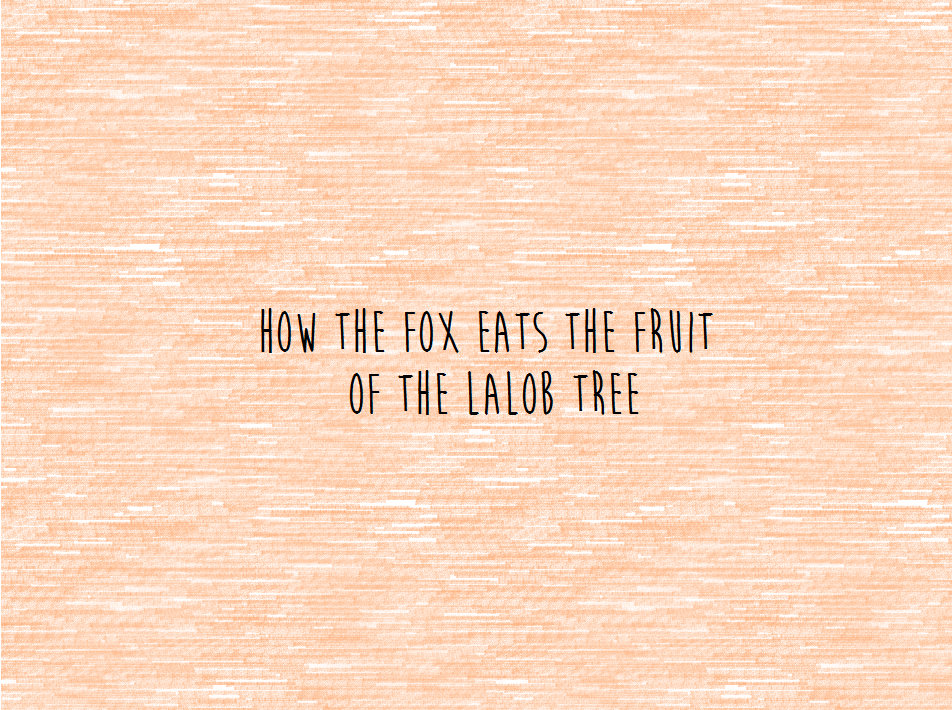
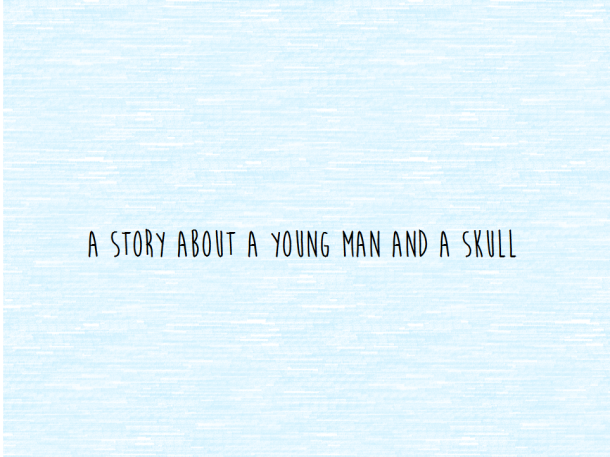


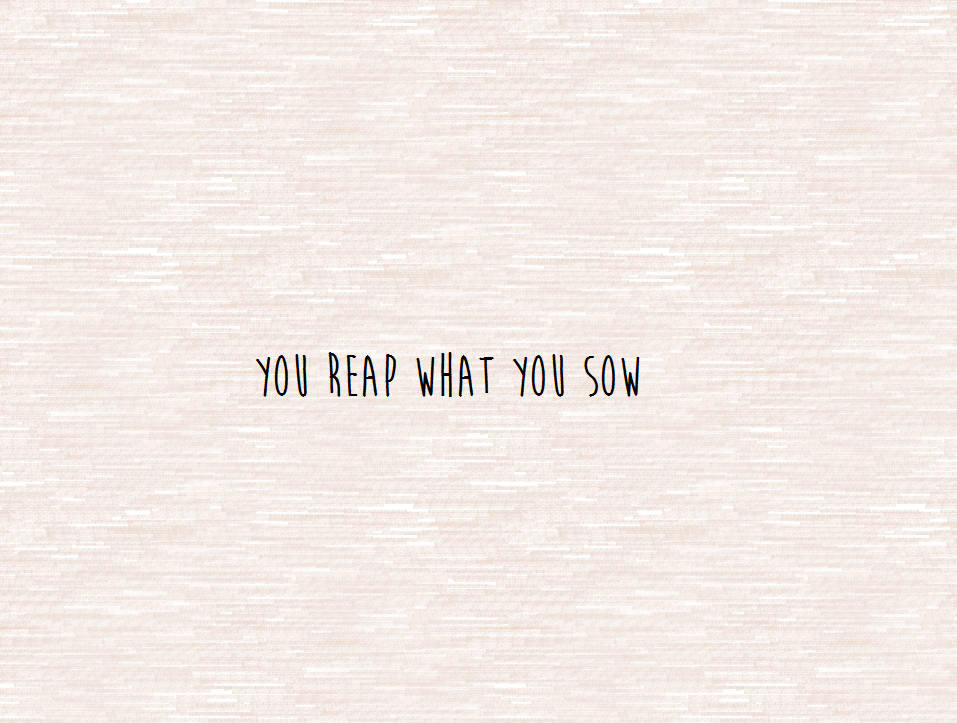
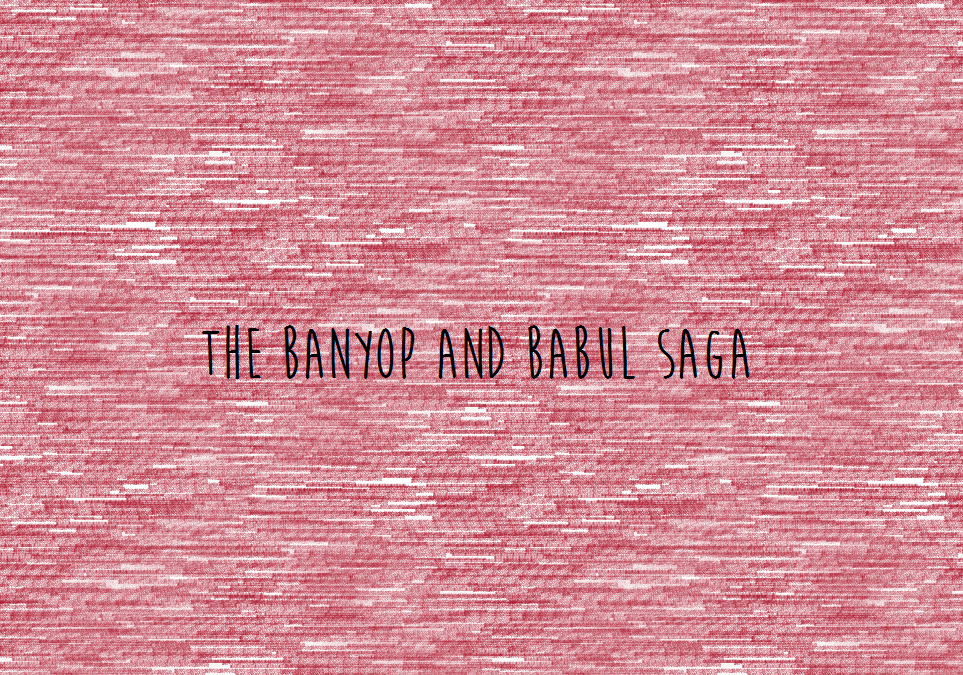
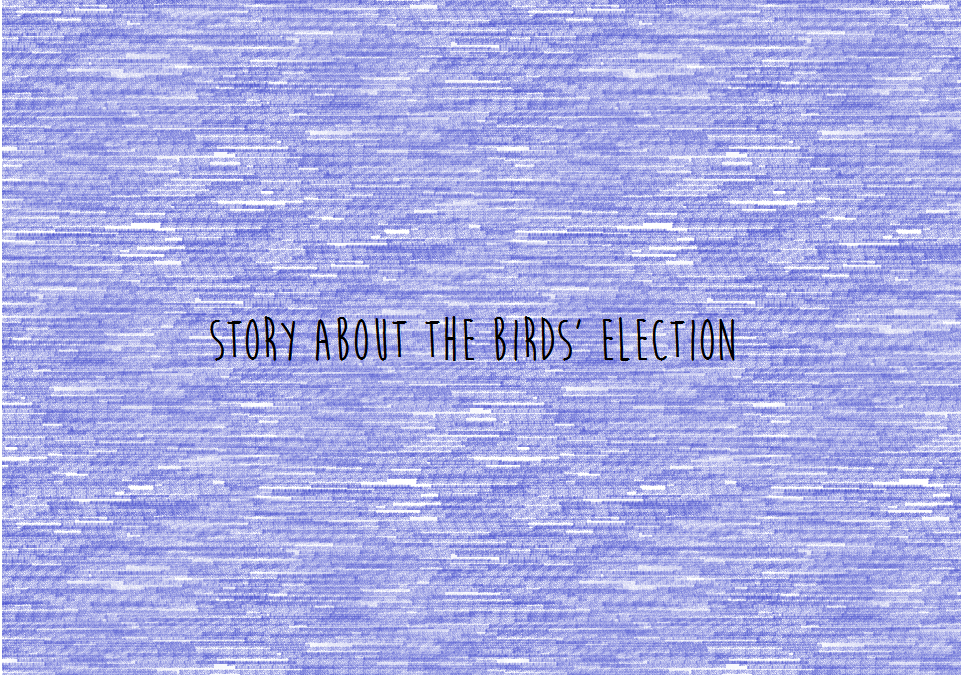
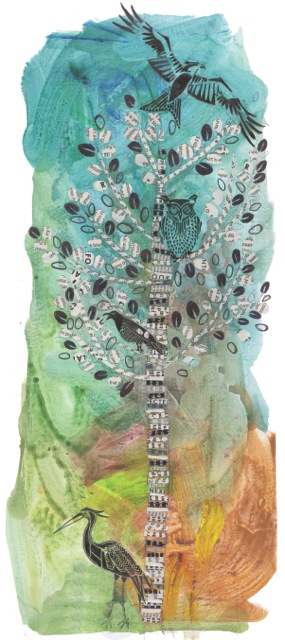
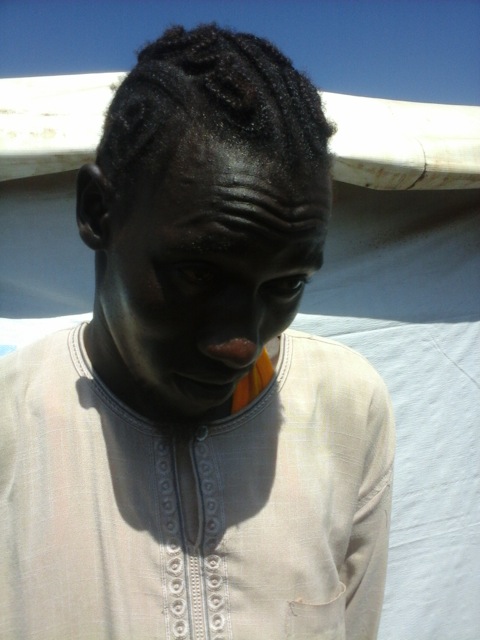
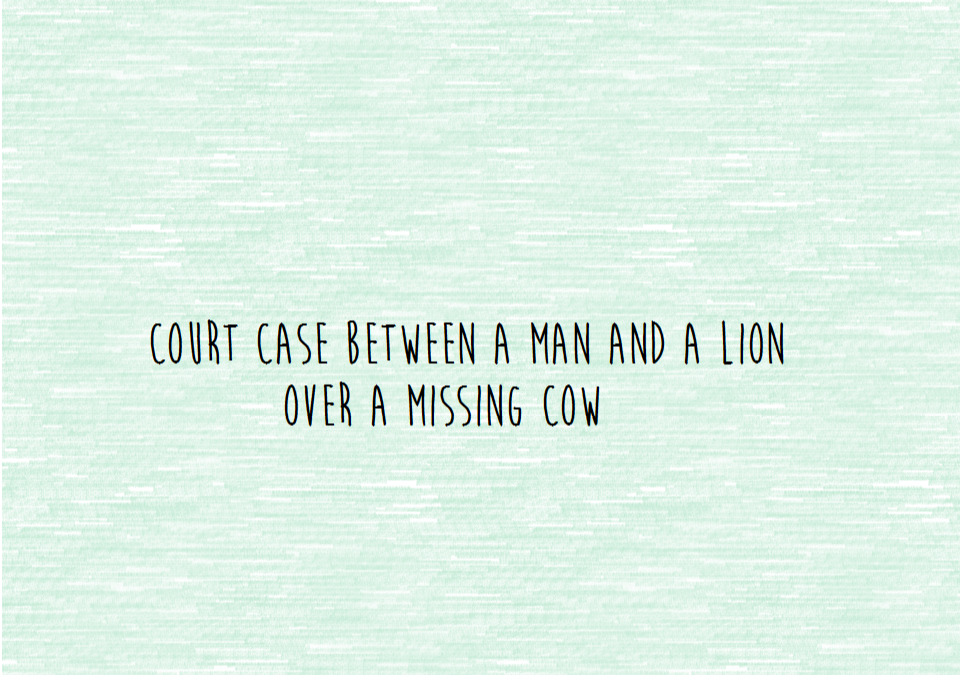
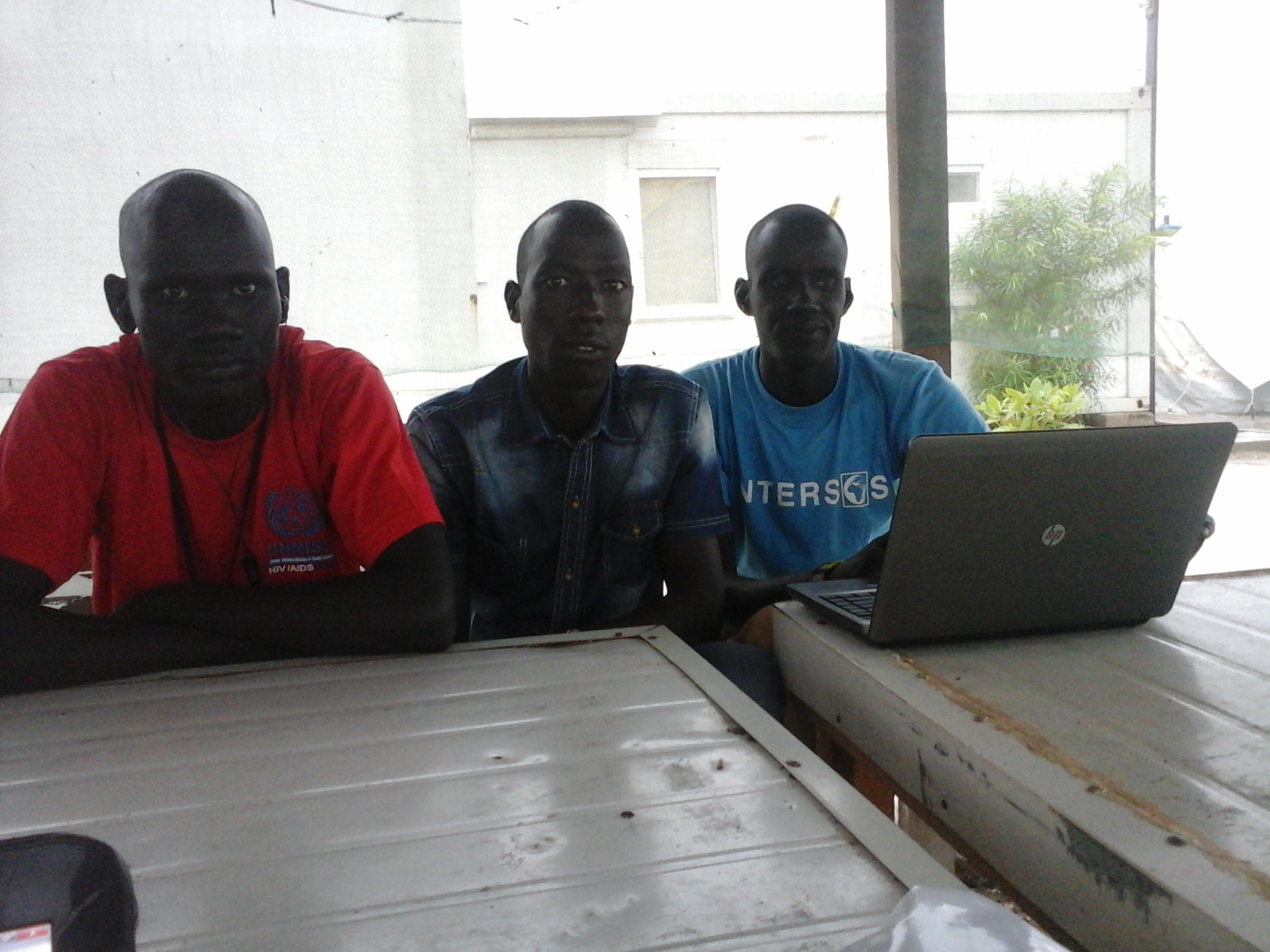
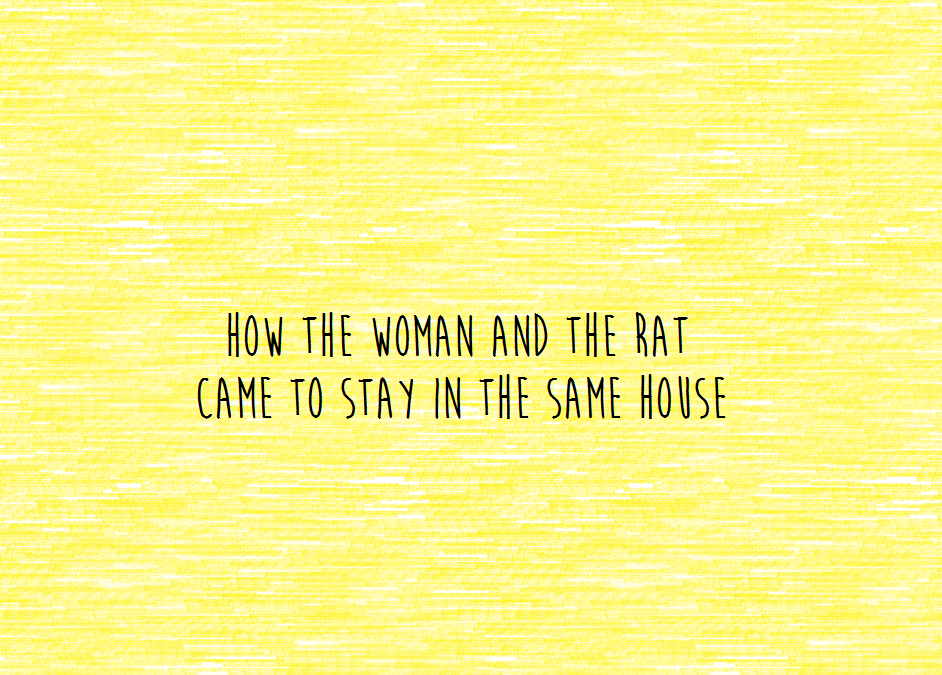
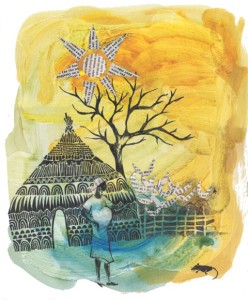 the time of her delivery finally arrived, Rat was informed on the new development. When the labour pains became very serious, people around her were not patient and wanted to cut the stomach of the woman as usual. The rat told them, “No! Be patient, she will deliver.”
the time of her delivery finally arrived, Rat was informed on the new development. When the labour pains became very serious, people around her were not patient and wanted to cut the stomach of the woman as usual. The rat told them, “No! Be patient, she will deliver.”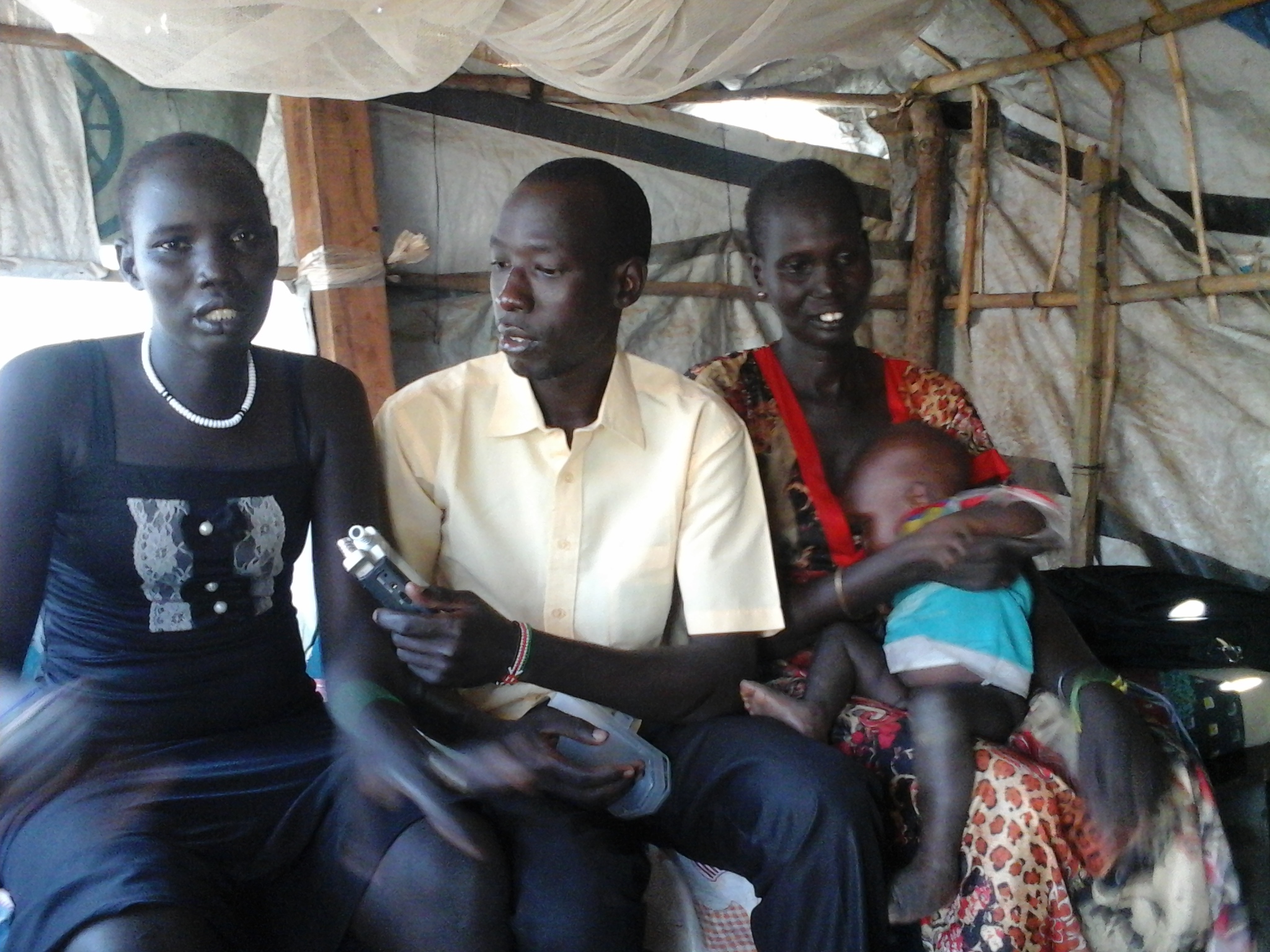
Recent Comments